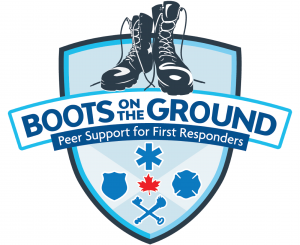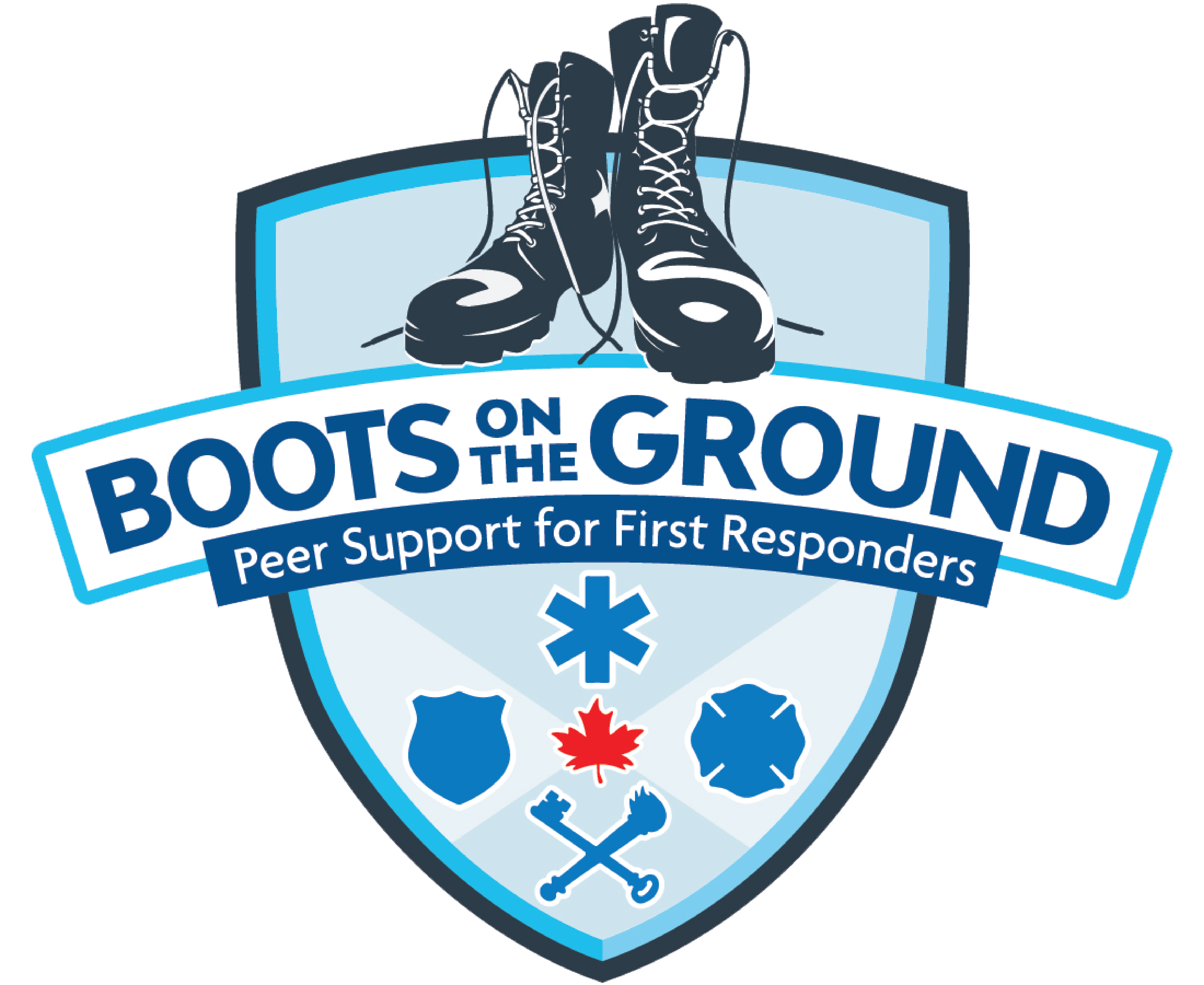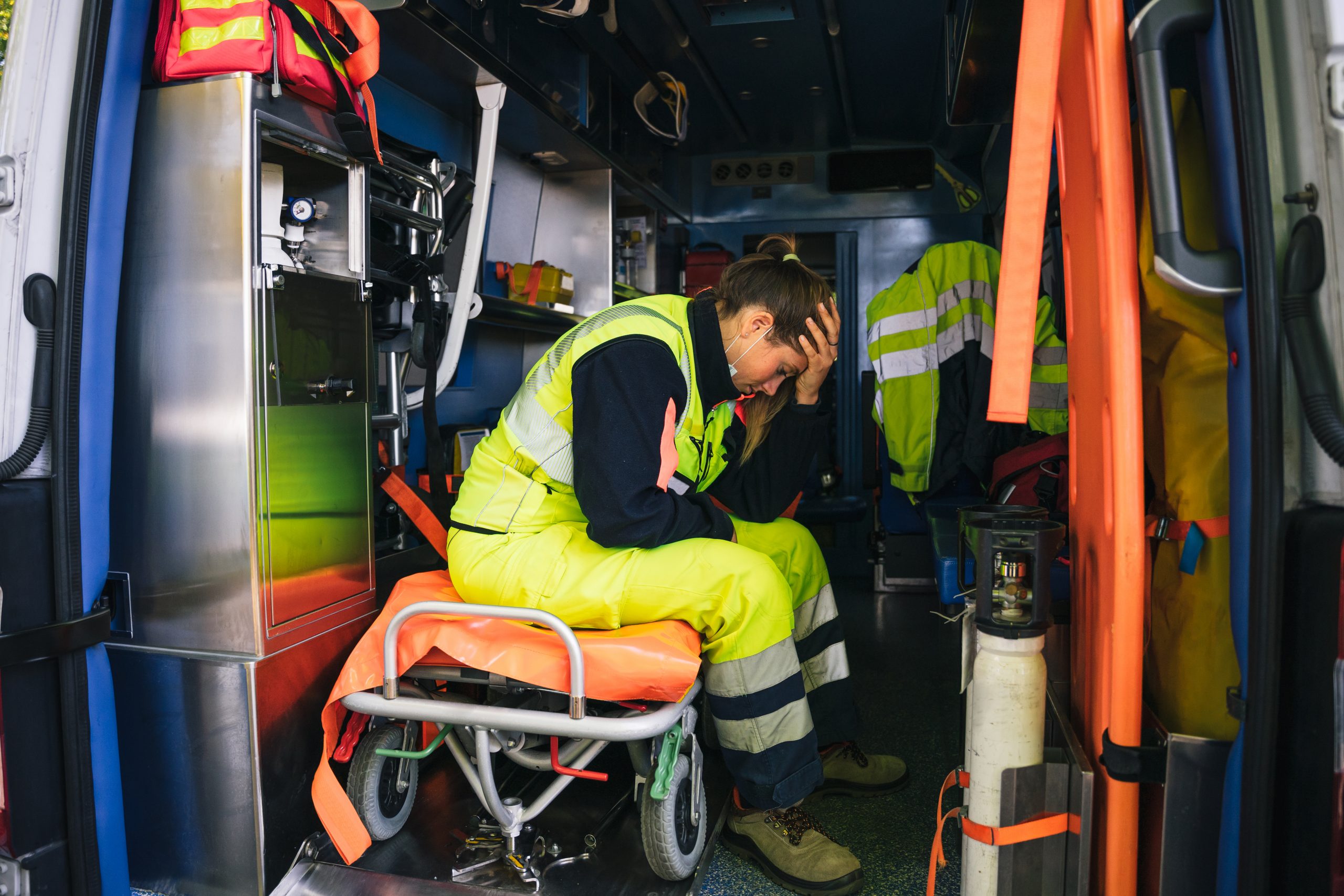Though working as a First Responder is undoubtedly fulfilling, it doesn’t come without a price. The mental health and well-being of First Responders and front-line workers is more important than ever as they face unprecedented stress and pressure while dealing with the prolonged COVID-19 pandemic.
This is in addition to the usual trauma First Responders are exposed to every day on the job. The accumulation of all the trauma they witness during calls can take a heavy toll, especially if First Responders don’t have an outlet to speak about it. It can lead to issues such as Post Traumatic Stress Disorder (PTSD) or worse.
As a former paramedic turned Clinical Case Manager for a multi-disciplinary community mental health team, Jake Mitchell takes an honest look at the job he and his paramedic colleagues perform and from which he had to step away:
“The data shows that it is one of the most traumatizing and difficult professions on the mind and body,” Mitchell says. “We are exposed to human suffering, sometimes inconsolable, sometimes projected onto those we love and care for. As a human being it is normal to struggle with the hard realities First Responders are faced with. Yes, we are built to be able to manage and overcome these experiences, but we must have the right resources and support available for when we are overwhelmed.”
In 2018, the Mental Health Commission of Canada reported that the 40,000 paramedics in Canada were four times more likely to experience a mental health problem or illness than the general population and were also more susceptible to suicidal thoughts. According to Mitchell, paramedics haven’t always been able to express their mental health struggles for fear of being cut off from their peers, seen as weak or ‘unreliable in the face of chaos.’
Out of a desire to help in a tangible way, Boots on the Ground was born. On the verge of retirement, former Police Officer and Founder Dave McLennan felt called to continue to serve his community in a new way. BOTG offers 24/7 anonymous peer support to Police, Firefighters, Paramedics, Corrections Officers and Nurses. This includes both front line and civilian members of these services, and they do not turn anyone away who calls.
“That is why we founded Boots on the Ground (BOTG) in the first place,” McLennan says. “We saw that it was important to provide external resources where our First Responders can make their own first call to reach out for assistance. First Responders are used to being the helpers and are sometimes not comfortable asking for help.”
McLennan adds that stigma, confidentiality and the fact that First Responders are so reluctant to ask for assistance prevents people from accessing assistance in the workplace.
Mitchell became interested in mental health, the neuroscience of substance use disorders and trauma-healing as he was transitioning away from his paramedic career and looking to regain his own mental health. His desire to support First Responders led Mitchell to volunteer to answer calls for Boots on the Ground.
One pillar of BOTG’s mandate is the importance of having other First Responders on the other end of the line who understand what the caller is going through. BOTG is completely staffed by 160 volunteer First Responders both serving and retired. Since their November 2018 launch, they have answered more than 1100 calls for assistance.
Earlier this year, BOTG launched a public awareness campaign called “First Call,” highlighting how paramedics and other First Responders are often the first call in emergencies but also need a place they can call for anonymous and confidential support.
“If this were around when I started as a paramedic, I would have found the tools and resources a lot sooner than I did to get back to my best self,” Mitchell reflects. “If we learn early enough in our healing, we can take trauma as it comes and turn it into personal growth. Fortunately, Boots on the Ground has supported me on a path to where I am today, and I am grateful for that.”
The BOTG helpline is completely anonymous, so callers do not have to provide their name, where they work or where they live. The phone numbers are blocked when they call in. They also offer referrals to vetted clinicians and resources when they speak to callers. By offering this kind of anonymous assistance, the 24/7 helpline assures callers they don’t have to worry about anyone knowing they have reached out for help.
“If First Responders receive this kind of assistance earlier, we have found it helps mitigate larger or long-lasting problems that can arise,” McLennan says. “It is so important for people to remember that there is hope, there are people that care and there are resources available to help get them through these difficult times.”
 Being able to turn to peers who have walked in the caller’s shoes in an anonymous, supportive, and non-judgmental way has been the key to the program’s success. Mitchell comments on some of the questions or scenarios he has encountered while volunteering as a call taker: “Maybe you just want to talk about your struggles with a peer or gain tips on how to remain resilient. Maybe tips on how to reduce harms with a substance you are using, or information on resources in your community.”
Being able to turn to peers who have walked in the caller’s shoes in an anonymous, supportive, and non-judgmental way has been the key to the program’s success. Mitchell comments on some of the questions or scenarios he has encountered while volunteering as a call taker: “Maybe you just want to talk about your struggles with a peer or gain tips on how to remain resilient. Maybe tips on how to reduce harms with a substance you are using, or information on resources in your community.”
“No matter what, Boots on the Ground is here for you,” says Mitchell. “I would encourage anybody needing support to get in touch.”
If you are a First Responder experiencing mental health distress in the workplace, you can contact Boots on the Ground’s 24-hour peer support line at 1-833-677-2668 or 833-677-BOOT.
www.bootsontheground.ca

Boots On The Ground is an anonymous helpline providing confidential and anonymous peer support to First Responders across the province, 24 hours a day, 7 days a week. It is a charitable organization completely run and staffed by volunteers.


